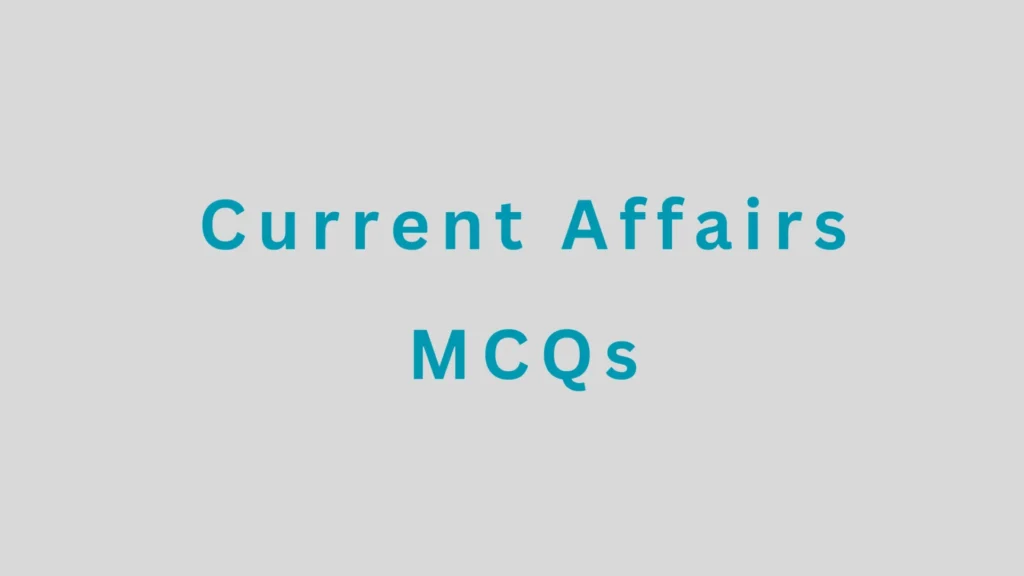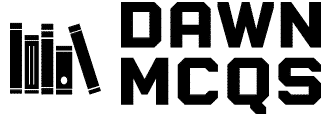What Are Multiple Choice Questions (MCQs)?
Multiple Choice Questions (MCQs) are a popular format for assessing knowledge, skills, and understanding in various educational and professional settings. They consist of a question or statement followed by several possible answers, from which the respondent must choose the correct one(s).
Importance of MCQs in Education and Competitive Exams
MCQs are widely used in schools, colleges, certification exams, and standardized tests because they allow for quick, objective, and efficient evaluation of a large number of candidates.
History of Multiple Choice Questions (MCQs)
Origins and Evolution
The concept of MCQs dates back to the early 20th century when they were first introduced to streamline the testing process. Over time, they have evolved to become a staple in academic and professional assessments.
Adoption in Standardized Testing
Organizations like the College Board and ETS have popularized MCQs in exams like the SAT and GRE, setting the standard for their use in high-stakes testing.
Types of MCQs
Single Correct Answer
This is the most common type, where only one option is correct.
Multiple Correct Answers
These questions allow for more than one correct answer, testing a deeper understanding of the subject.
True/False
A statement is given, and the respondent must decide whether it is true or false.
Assertion-Reason
These questions involve an assertion and a reason, requiring the respondent to determine the correctness of both and their relationship.
Benefits of MCQs
Efficient Assessment Tool
MCQs can quickly evaluate the knowledge of a large number of candidates, making them ideal for large-scale testing.
Objective Evaluation
They eliminate subjective bias in grading, ensuring fairness and consistency.
Wide Coverage of Topics
MCQs can cover a broad range of topics within a subject, providing a comprehensive assessment.
Challenges of MCQs
Risk of Guessing
The possibility of guessing the correct answer can affect the reliability of the assessment.
Limited Depth of Understanding
MCQs often test recall and recognition rather than deep understanding and critical thinking.
Development of Good MCQs
Creating high-quality MCQs that are clear, fair, and challenging is a skill that requires practice and expertise.

Strategies for Writing Effective MCQs
Clarity and Precision
Questions should be worded and free of ambiguity to ensure that they test the intended knowledge.
Plausible Distractors
The incorrect options (distractors) should be plausible to effectively discriminate between knowledgeable and less knowledgeable candidates.
Balanced Difficulty Levels
A good mix of easy, moderate, and difficult questions can provide a more accurate assessment of overall ability.
Common Pitfalls in MCQs
Ambiguity
Vague or ambiguous questions can confuse candidates and lead to incorrect answers.
Tricky Wording
Questions designed to mislead or trick the respondent can frustrate candidates and undermine the validity of the assessment.
Overly Complex Questions
Complex questions may test reading comprehension or test-taking skills rather than the intended knowledge.
Preparing for MCQ Exams
Study Techniques
Effective study techniques include summarizing key points, using flashcards, and practicing past papers.
Time Management
Allocating time wisely during the exam is crucial to ensure all questions are answered.
Practice Tests
Regular practice with MCQs can help familiarize candidates with the format and improve their test-taking skills.
Answering MCQs Effectively
Reading Questions Carefully
Carefully reading and understanding the question is the first step to answering correctly.
Elimination Method
Eliminating incorrect answers can increase the chances of selecting the correct one.
Handling Difficult Questions
If unsure, it’s often best to move on and return to difficult questions later, ensuring that easier questions are answered first.
MCQs in Different Disciplines
Science and Mathematics
MCQs in these fields often test problem-solving skills and the application of concepts.
Humanities and Social Sciences
These questions may focus on factual knowledge, comprehension, and interpretation.
Professional and Competitive Exams
MCQs are a staple in exams for professional certifications and competitive entrance tests, assessing both knowledge and aptitude.
Technology and MCQs
Online Testing Platforms
Digital platforms have revolutionized MCQ testing, offering convenience and instant results.
Automated Grading Systems
Automated systems ensure quick and unbiased grading, enhancing the efficiency of assessments.
Adaptive MCQ Tests
These tests adjust the difficulty of questions based on the candidate’s performance, providing a tailored assessment experience.
MCQs vs. Other Assessment Methods
Comparison with Essays and Short Answers
While essays and short answers test writing skills and depth of understanding, MCQs offer a quicker, more objective assessment.
Pros and Cons
Each method has its strengths and weaknesses, and the choice depends on the goals of the assessment.
Future of MCQs
Innovations and Trends
Advances in technology and pedagogy continue to shape the future of MCQs, making them more interactive and adaptive.
Integration with AI and Machine Learning
AI and machine learning are being integrated to create smarter MCQ tests that can better evaluate a candidate’s knowledge and skills.
Conclusion
MCQs are a versatile and efficient tool for assessment, widely used in various fields due to their objectivity and ability to cover a broad range of topics. Despite some challenges, with careful construction and strategic preparation, they can effectively evaluate knowledge and skills.
FAQs
What makes a good MCQ?
A good MCQ is clear, concise, and tests a specific piece of knowledge. It should have plausible distractors and an unambiguous correct answer.
How can I improve my MCQ answering skills?
Practicing regularly, reading questions carefully, and using the elimination method can help improve MCQ answering skills.
Are MCQs the best way to assess knowledge?
MCQs are effective for assessing factual knowledge and broad understanding, but other methods may be better for evaluating critical thinking and writing skills.
How do online MCQ tests work?
Online MCQ tests are conducted on digital platforms, allowing candidates to answer questions and receive instant feedback and results.
What are some common mistakes in MCQ exams?
Common mistakes include misreading questions, overlooking key details, and spending too much time on difficult questions.
